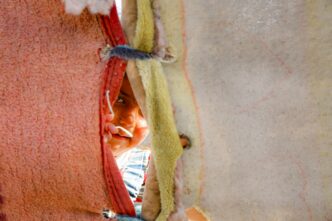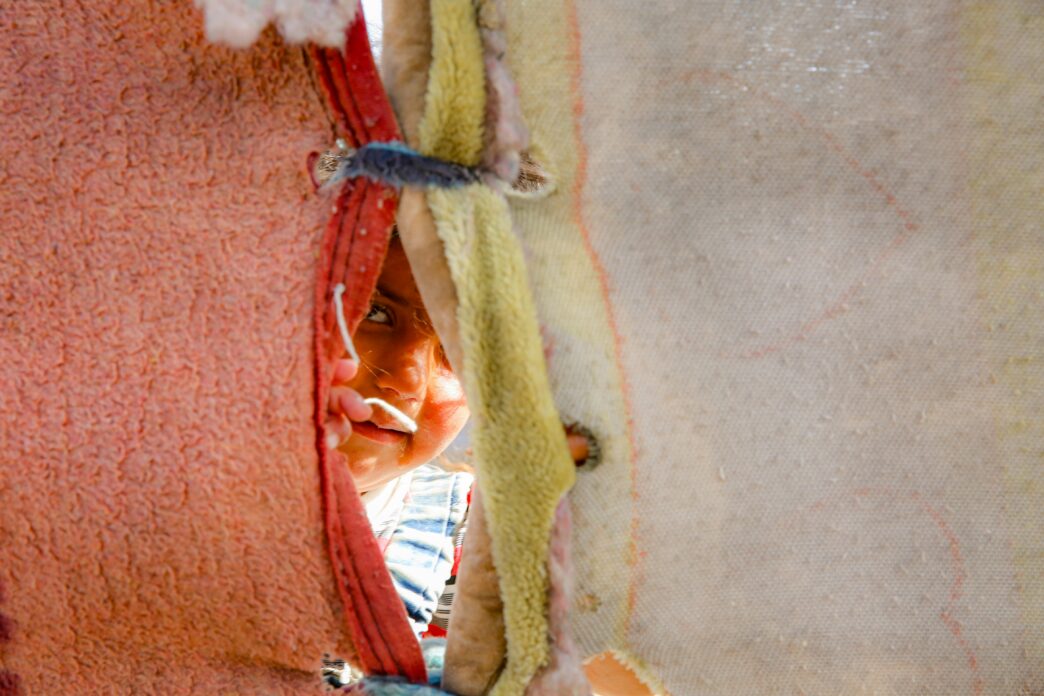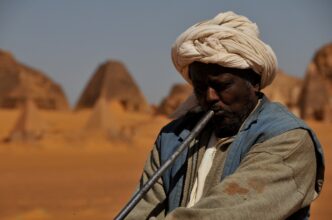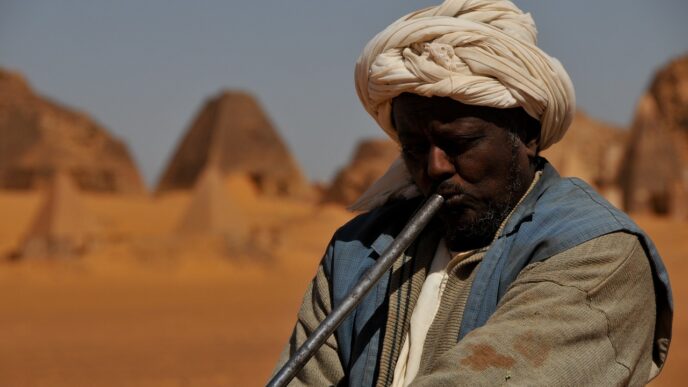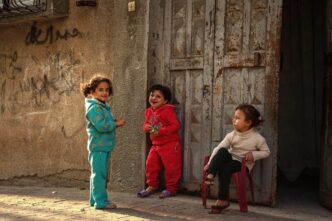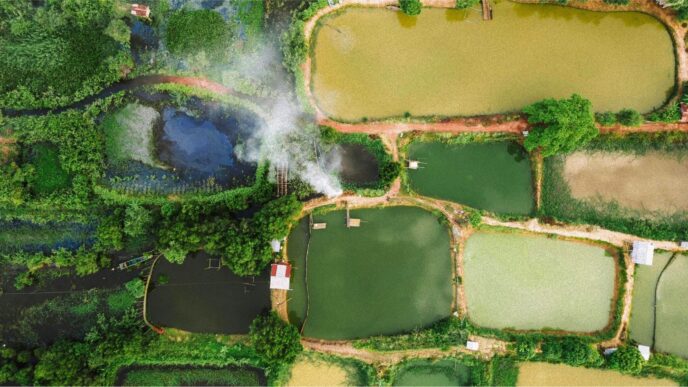Citizenship is often taken for granted—a legal status that grants access to education, healthcare, and the basic dignity of belonging to a nation. Yet, for millions of stateless Muslims worldwide, the right to belong is an unattainable dream. From the Rohingya in Myanmar to Palestinians in exile, from Uighurs in China to Kashmiris in limbo, entire Muslim populations are denied nationality, legal rights, and protection—forced into an existence of permanent displacement and uncertainty.
This is not just a refugee crisis. This is a systemic erasure of identity. Stateless Muslims are not simply fleeing war or persecution; they are being legally excluded—deprived of citizenship, rendered invisible by the very governments meant to protect them. Despite their numbers, stateless Muslims are some of the most forgotten people in the world, caught in a limbo where neither their home countries nor the international community are willing to acknowledge their suffering.
What does it mean to live without a passport, without the right to work, travel, or even legally exist? Why has the world failed to protect these communities? And what role must the global Muslim ummah play in addressing this crisis?
The Stateless Millions: Who Are the World’s Forgotten Muslims?
The Rohingya: The World’s Largest Stateless Population
For decades, the Rohingya people of Myanmar have been denied citizenship, despite living in the country for generations. In 1982, Myanmar’s military junta revoked their citizenship, rendering them stateless overnight. Since then, they have faced mass persecution, ethnic cleansing, and forced exile.
- Over 700,000 Rohingya fled Myanmar to Bangladesh after the 2017 military crackdown, described by the UN as genocide (UNHCR, 2023).
- In refugee camps like Cox’s Bazar, they are denied education, employment, and mobility.
- Bangladesh refuses to grant them citizenship, leaving them in perpetual limbo.
Despite widespread condemnation, the international community has failed to hold Myanmar accountable—allowing the Rohingya’s statelessness to persist.
Palestinians: A People Without a Nation
Palestinians represent one of the largest and longest-displaced stateless populations in history. Since the 1948 Nakba (catastrophe), millions have been forced into exile, denied the right to return to their homeland.
- Over 5.9 million Palestinians live as stateless refugees in Lebanon, Jordan, Syria, and beyond (UNRWA, 2023).
- Palestinians in the West Bank and Gaza live under military occupation, without the rights of full citizenship.
- Israel’s policies of home demolitions, land seizures, and travel restrictions have left many effectively stateless.
The Palestinian passport is among the weakest in the world, severely limiting freedom of movement. Meanwhile, Western governments and international bodies continue to ignore their suffering, prioritizing political alliances over justice.
Uighur Muslims: Stateless in Their Own Land
The Uighurs of China’s Xinjiang region are facing a unique form of statelessness—not in exile, but within their own country. Through mass surveillance, forced labor, and cultural erasure, China has sought to strip Uighurs of their identity and autonomy.
- Over one million Uighurs have been detained in “re-education camps,” where reports of torture, forced sterilization, and indoctrination have surfaced (Amnesty International, 2023).
- Many Uighurs abroad have had their passports revoked, leaving them stateless in foreign countries.
- China’s campaign to erase Uighur culture—including banning Islamic practices and destroying mosques—has left many unable to prove their national belonging.
Despite global outrage, China’s economic power shields it from accountability, leaving Uighurs to suffer in silence.
Syrians and Afghans: A New Wave of Statelessness
The Syrian civil war and the Taliban’s return to power in Afghanistan have created a new wave of stateless refugees. Many of these individuals:
- Were born in exile and lack documentation proving their nationality.
- Have lost legal status due to the collapse of government institutions.
- Face persecution if they return—particularly women, minorities, and political dissidents.
Syrian and Afghan refugees are trapped in host countries that refuse to grant them permanent legal status, leaving them vulnerable to deportation and exploitation.
The Politics of Statelessness: How Governments Weaponize Citizenship
Statelessness is not an accident. It is a deliberate political strategy, used by governments to disenfranchise, control, and expel unwanted populations.
1. Legal Loopholes and Nationality Laws
Many governments use citizenship laws to exclude minority groups. Examples include:
- Myanmar’s 1982 Citizenship Law, which classified the Rohingya as “foreigners,” despite their deep roots in the country.
- India’s Citizenship Amendment Act (CAA), which threatens to render thousands of Indian Muslims stateless.
- Israel’s nationality laws, which allow Jewish immigrants to gain instant citizenship while denying Palestinians the same rights.
2. Military Force and Ethnic Cleansing
Statelessness is often the result of ethnic persecution and forced displacement. This is evident in:
- The mass expulsion of Rohingya from Myanmar.
- Israeli military policies in Palestine, aimed at eroding Palestinian sovereignty.
- China’s repression of Uighurs, designed to erase their distinct identity.
3. Bureaucratic Barriers and Travel Restrictions
Even when stateless individuals attempt to reclaim their rights, governments impose bureaucratic roadblocks:
- Refugees are denied legal documents, preventing them from accessing education and healthcare.
- Stateless people cannot obtain passports, leaving them trapped in countries that refuse to recognize them.
- Visa restrictions limit freedom of movement, reinforcing their isolation.
Statelessness is a form of modern oppression—not just a lack of documents, but a denial of humanity itself.
The Human Cost: Trapped in a Cycle of Poverty and Insecurity
Without citizenship, stateless Muslims face systemic barriers to basic human rights:
- Education: Many stateless children cannot attend school. In Bangladesh, only 17% of Rohingya children have access to formal education (UNICEF, 2023).
- Healthcare: Stateless individuals are often denied medical care, worsening health disparities.
- Employment: Without legal status, many work in dangerous, exploitative conditions for minimal wages.
- Travel: Stateless individuals live under constant fear of deportation, unable to leave or claim asylum.
This is a lifelong crisis, passed down through generations, ensuring that stateless communities remain trapped in cycles of poverty and insecurity.
The Role of Muslim Nations: A Moral Responsibility
Islam emphasizes the duty to protect the vulnerable, yet many Muslim-majority countries have failed to act decisively:
- Saudi Arabia and the Gulf States have refused to grant Rohingya or Palestinian refugees citizenship.
- Turkey, Lebanon, and Jordan house millions of refugees but provide limited pathways to permanent residency.
- Pakistan and Bangladesh continue to deny citizenship to certain Muslim refugee populations.
Where is the global ummah when its people are suffering?
Islam teaches:
“The believers, in their mutual kindness, compassion, and sympathy, are like one body. If one part is in pain, the whole body feels it.” (Sahih Muslim, 2586)
Muslim nations must do more—not just in charity, but in policy.
What Can Be Done? Toward a Solution
- Muslim-majority nations must offer pathways to citizenship for stateless Muslims.
- Islamic humanitarian organizations must push for legal advocacy, not just aid.
- The UN must enforce stronger protections for stateless people, holding oppressive governments accountable.
- Muslim communities worldwide must amplify these voices, ensuring they are not forgotten.
Statelessness is not just a legal issue—it is a human crisis. The question remains: Will the world continue to turn a blind eye, or will we demand justice for the forgotten Muslims of the world?

